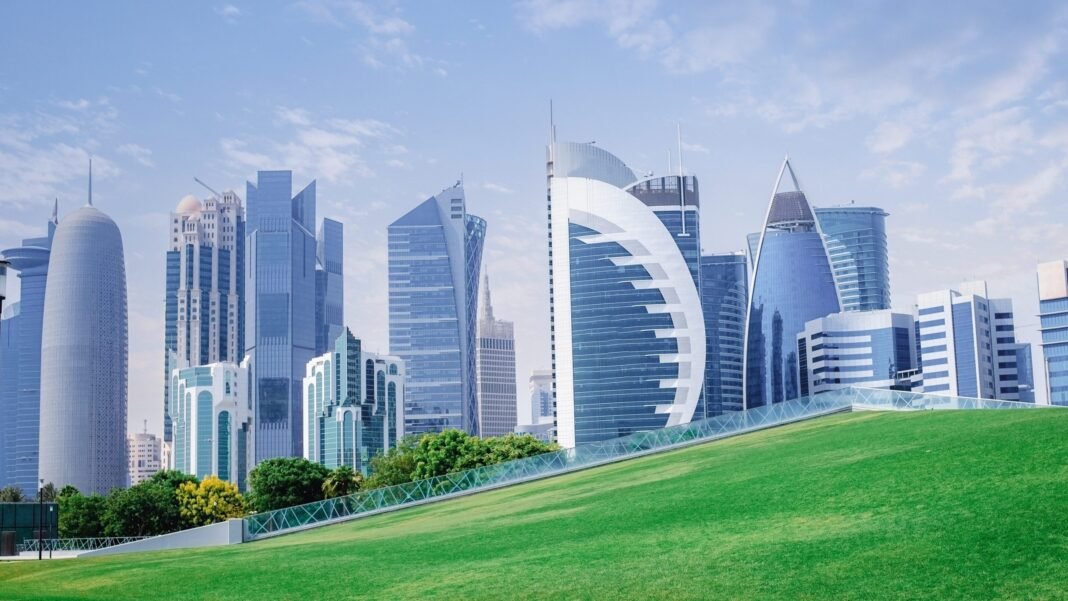Qatar’s non-energy economy growth is steady in 2025, according to Oxford Economics.
The report forecasts a consistent 3.4% expansion in the non-energy sector this year, matching last year’s performance.
This steady growth is a clear sign of Qatar’s economic resilience and diversification efforts.
Tourism plays a central role, and the growth remains steady in 2025. In 2024, Qatar welcomed 5.1 million overnight visitors, marking a 25% rise from 2023 and a remarkable 138% increase compared to 2019.
Experts expect the new pan-GCC visa to further boost arrivals, projecting 5.3 million visitors in 2025.
This tourism surge not only supports local businesses but also creates jobs across various sectors.
Inflation remains another important factor as Qatar’s non-energy economy growth steady in 2025 continues.
The average inflation rate is expected to stay near 1%, the lowest in the Gulf Cooperation Council (GCC) region.
Despite some imported inflation pressures caused by US dollar weakness, tariffs on global demand are likely to counterbalance these effects.
Notably, food prices and housing costs decreased significantly in the first quarter, easing overall inflation.
The Qatar Central Bank also influences economic stability, which supports Qatar’s non-energy economy growth steady in 2025.
It paused interest rate changes following the US Federal Reserve’s lead, maintaining a lending rate of 5.1%.
Analysts predict the bank will continue this cautious stance through the year, possibly cutting rates in 2026.
Qatar’s 2025 budget aims to narrow the deficit to 1.6% of GDP. The government plans to increase spending by 4.6%, focusing on healthcare and education development.
The budget assumes an average oil price of $60 per barrel, reflecting conservative economic planning.
Qatar’s non-energy economy growth is steady in 2025, pointing to a more diversified and robust economic future.
The country’s focus on tourism, stable inflation, and prudent fiscal policies drives this positive outlook.
As Qatar moves beyond oil, these factors will shape its long-term economic success.





